

PodMov Daily: Monday, December 21
Episode 341: Your Monday Mix
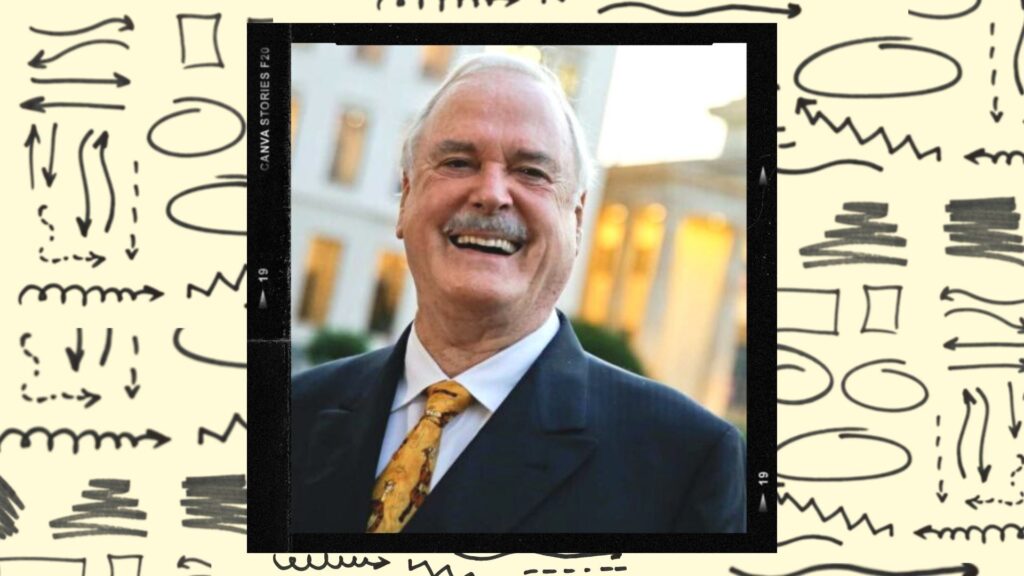
In Podcasting, Creativity is a Way of Operating
According to the legendary English actor John Cleese, “Creativity is not a talent. It is a way of operating.” Documentary podcaster Doug Fraser recommends all creators consider that idea: “Cleese’s philosophy — that creativity is a learnable, improvable skill — has given me three game-changing ideas about podcasting.”
From the Monty Python canon to A Fish Called Wanda, John Cleese’s extraordinarily weird humor simply works. How does he ensure it? Fraser shares four questions Cleese uses to get honest, useful feedback. First, Fraser says, set aside the ego. “Don’t ask yourself who is right — ask which idea is better.”
Play and experimentation are central to Cleese’s ideology. Fraser explains how to inject play back into the podcasting process, and in turn execute the ideas we uncover. “Understanding this transition has helped me dig deeper into my podcast interviews, edits, and new show pitches,” he writes. Want to try digging? It’s fun, we promise.
The Caliphate Trainwreck Says a Lot About Podcasting
The New York Times’ 2018 podcast Caliphate won a Peabody Award and was a finalist for the Pulitzer Prize. It was also a huge mistake. The central source’s account of radicalization within the Islamic State turned out to be less than credible. (Late Friday, it was announced that the Times is returning the Peabody. Ouch.)
How on earth did this happen at the NYT? Ashley Carman of The Verge points to the marketability of true crime podcasting. The Times’ head of film, TV, and audio hyped Hollywood interest in Caliphate’s IP upon its release. We see this pattern across the genre. Lucrative? Check. Competitive? Check. Rigorous fact-checking? Well.
The reality of increased scrutiny on nonfiction podcasts “isn’t ideal for a burgeoning industry that’s looking to cash in fast on remarkable stories,” Carman says. “As more journalistic outfits look to podcasting for revenue, they’ll have to solve the real problem: facts aren’t always sexy, and Hollywood wants a good story.”

Boost Your Podcast’s Visibility in the Ultimate Directory
The Ultimate Directory of Podcasters is the industry’s most popular, and detailed, resource featuring more than 1,000 of today’s leading podcasters. To date, The Ultimate Directory has been downloaded over 250,000 times.
All-new for 2021, The Ultimate Directory has been completely revamped. Discovery is the name of the game — for the first time, podcasters in every category can secure placement on a first-come, first-served basis. Just 11 spots are available per category with options to meet any budget.
Ready to boost your visibility inexpensively? The 2021 Directory will have a projected 100,000 downloads. Click below for details, listing opportunities, and more. Secure your spot and prepare to be heard.
Here's what else is going on:
- Fine print: Will Spotify’s freshly patented “Spoken Word Analyzer” feature be used for podcasts? Looks like it. Announcements center on song lyrics, but the full patent filing includes a “Speechiness” value tag that categorizes “exclusively speech-like” tracks, like talk shows and audiobooks.
- Show runner: The pre-interview can make or break a podcast episode, explains M.R. Brown of Inner Ear. Warm up or risk injury, sport: “If the first time you talk to a guest is in the interview, guess what? Your first 10–20 minutes of tape will sound like it. Even worse? Your listeners will hear it.”
- Cheers, friends: Holiday specials are a big deal at WNYC. “Best of the Best: The 2020 Third Coast Festival” airs this year’s winning audio stories, A Season’s Griot celebrates Kwanzaa traditions, and Tinsel Tales is back with “stories from the NPR archives that touch on the meaning of Christmas.”
- Dime store: “Spotify will find a way to charge you for podcasts,” predicts Bloomberg’s Lucas Shaw. Its goal with podcasts “is to create a new business where record labels don’t collect a huge share of its sales.” If the company argues the upcharge is “only for podcasts,” it could pay musicians even less.
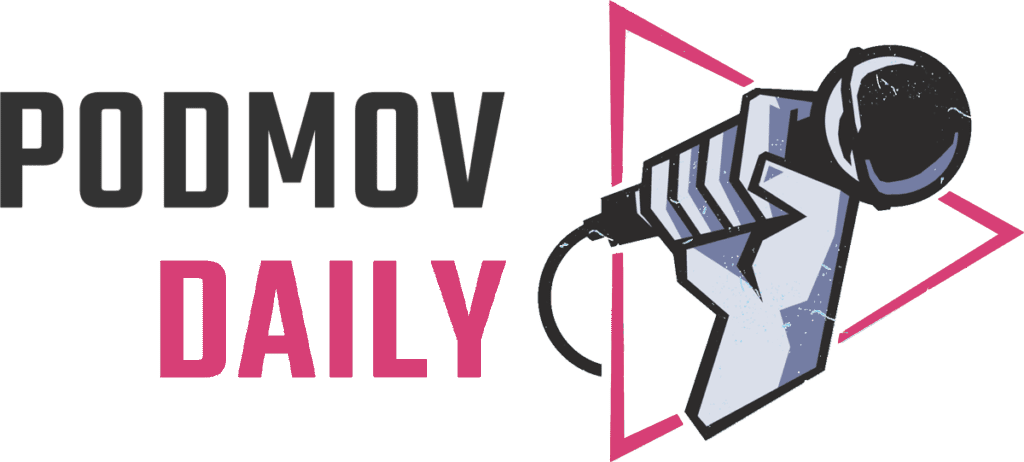
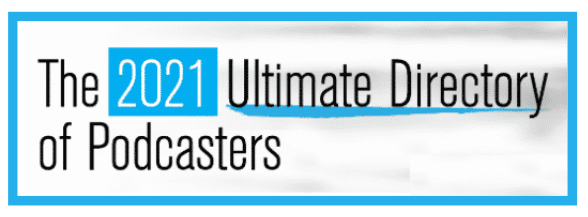
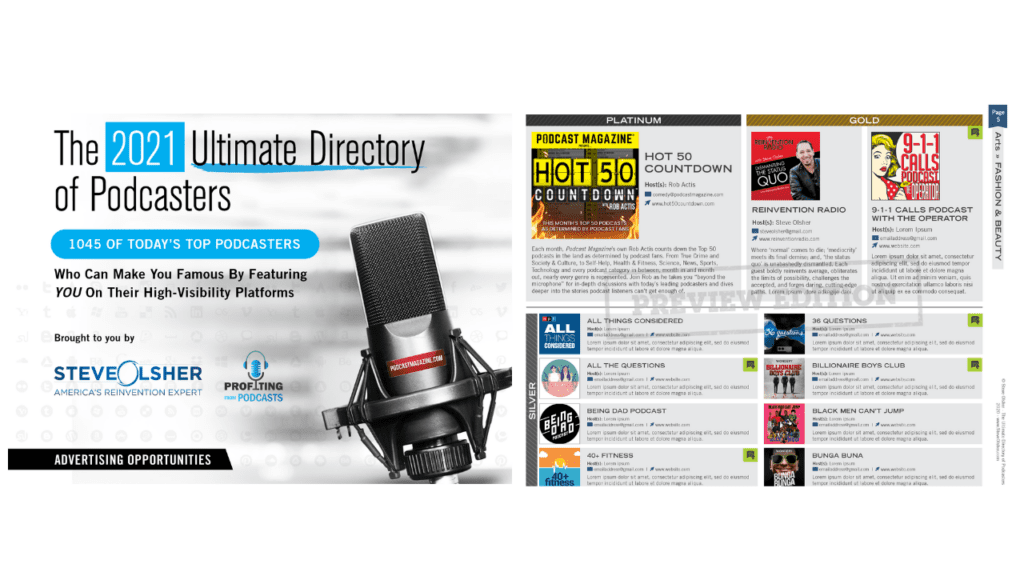
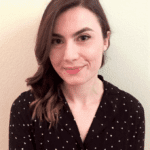
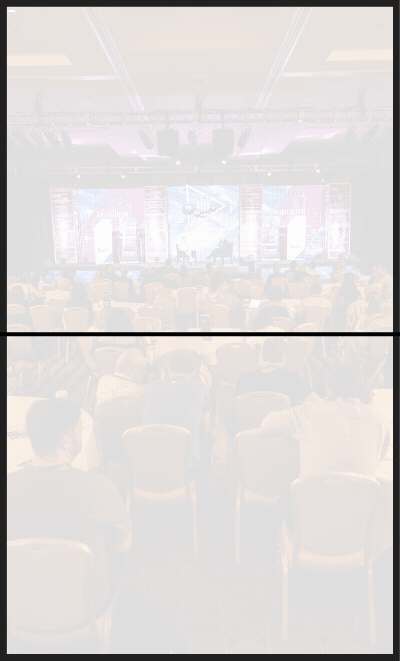


Join the Movement